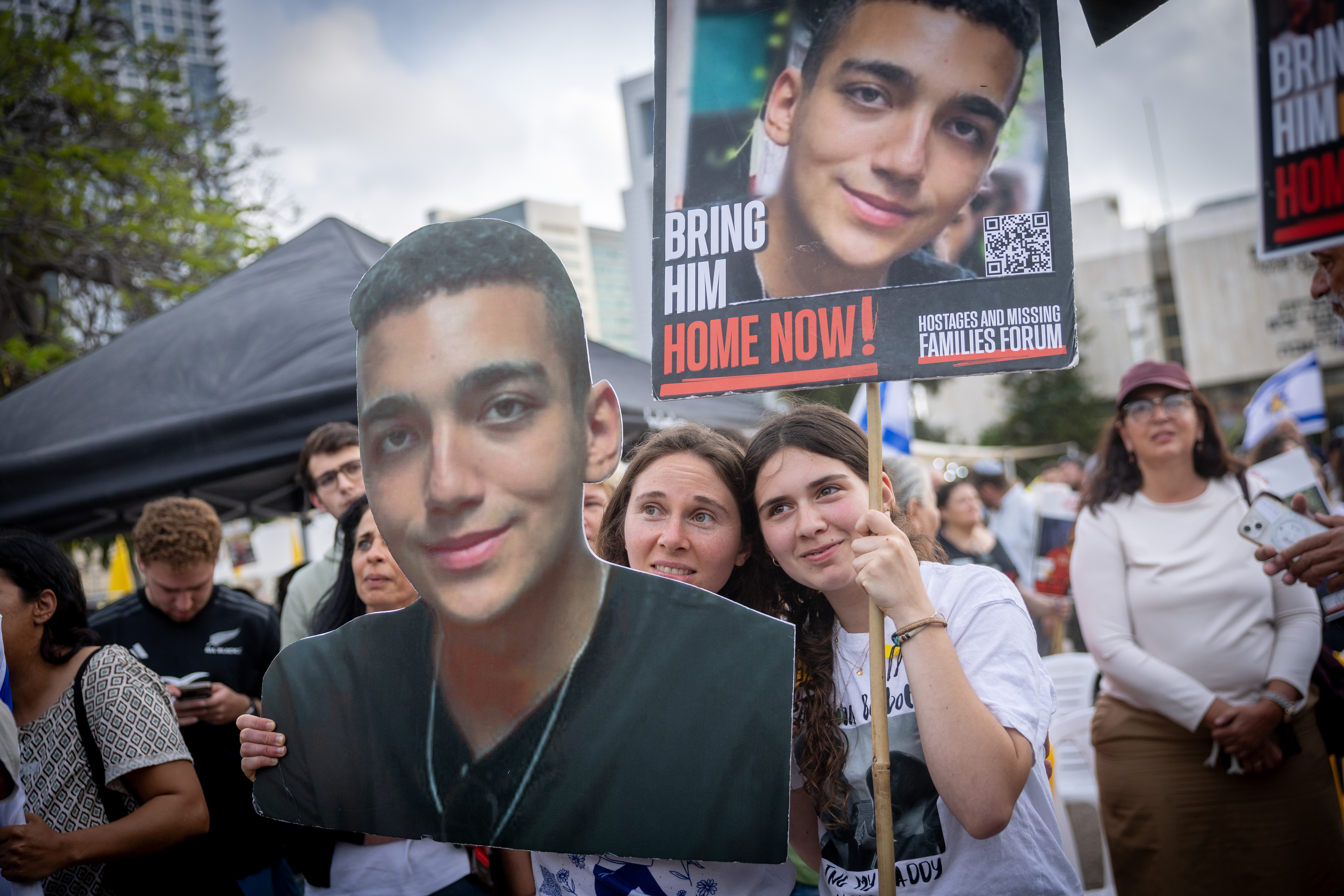Six More American Hostages and a Ceasefire? The Secret U.S. Deal Behind Edan Alexander's Freedom
The release of IDF soldier Edan Alexander was reportedly part of a broader, US-brokered ceasefire deal mediated in Qatar, involving indirect negotiations between Israel and Hamas. The agreement includes a temporary pause in fighting, the release of six American hostages, and the opening of humanitarian corridors into Gaza under strict oversight.

The recent release of IDF soldier and American-Israeli dual national Edan Alexander from Hamas captivity in Gaza was reportedly part of a wider, US-mediated agreement negotiated in Qatar, according to a report published by the pro-Qatari newspaper Al-Araby Al-Jadeed. The report outlines a series of coordinated steps brokered through indirect negotiations between Israel and Hamas, with the United States playing a central mediating role.
Sources within both Hamas and Egyptian intelligence, who are familiar with the negotiations, confirmed that Alexander’s release marked the initial phase of a more comprehensive arrangement. As part of the understandings reached during recent meetings in Doha, a ceasefire or a humanitarian pause, is expected to take effect, lasting between three weeks and forty days. During this period, indirect negotiations are to be launched under calm conditions, meaning no active hostilities between the parties while talks are ongoing.
A central element of the agreement includes the release of additional hostages. According to the report, six hostages are expected to be handed over to Israel, two alive and four deceased, all of whom hold American citizenship. Alongside the hostage releases, humanitarian corridors are set to be opened to allow for the delivery of aid into Gaza. As a key condition, Hamas and other militant groups will be required to verify that the humanitarian supplies, including food and medical aid, are reaching the Israeli hostages.
The agreement also reportedly obligates Hamas to provide clear, updated information regarding the medical conditions of the remaining living hostages in its custody.
US State Department regional spokesman Michael Mitchell acknowledged American involvement in the evolving negotiations. In an interview with Al Jazeera, Mitchell emphasized the strategic benefit of maintaining direct communication channels between the US and Hamas, explaining that such contact helps avoid misunderstandings and enables American officials to gauge Hamas's seriousness about potential commitments.
“There is a strong possibility that the United States will continue along this path in order to achieve our goals, which are the release of all the hostages,” Mitchell stated.
The report sheds light on the broader diplomatic and humanitarian dimensions of Alexander’s release, suggesting that Washington’s engagement with Hamas, despite its designation as a terrorist organization by the United States and Israel may be part of a pragmatic approach to securing hostages and advancing a potential cessation of hostilities.